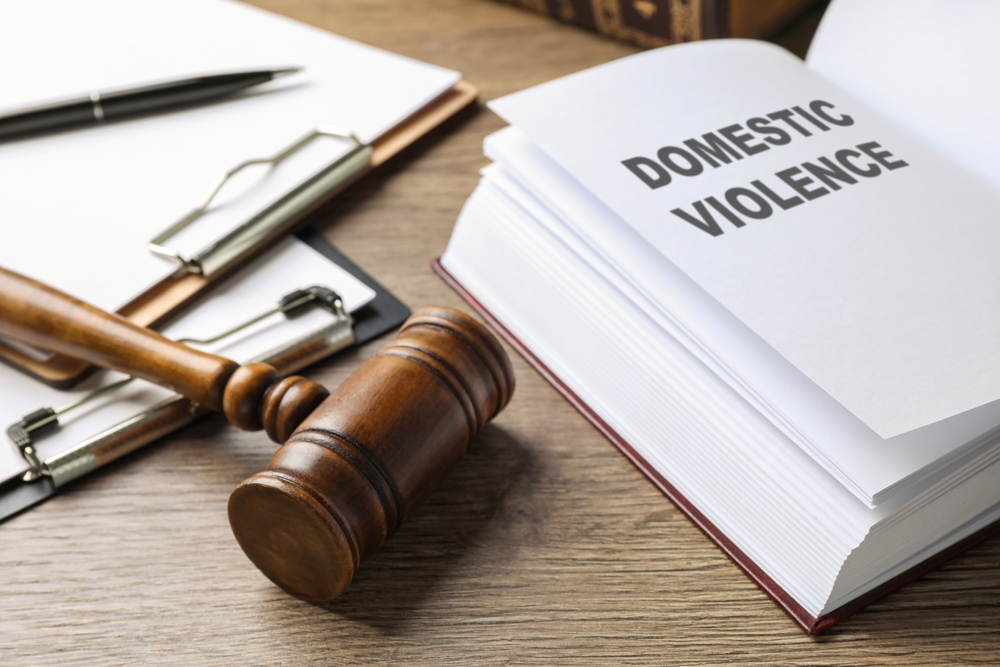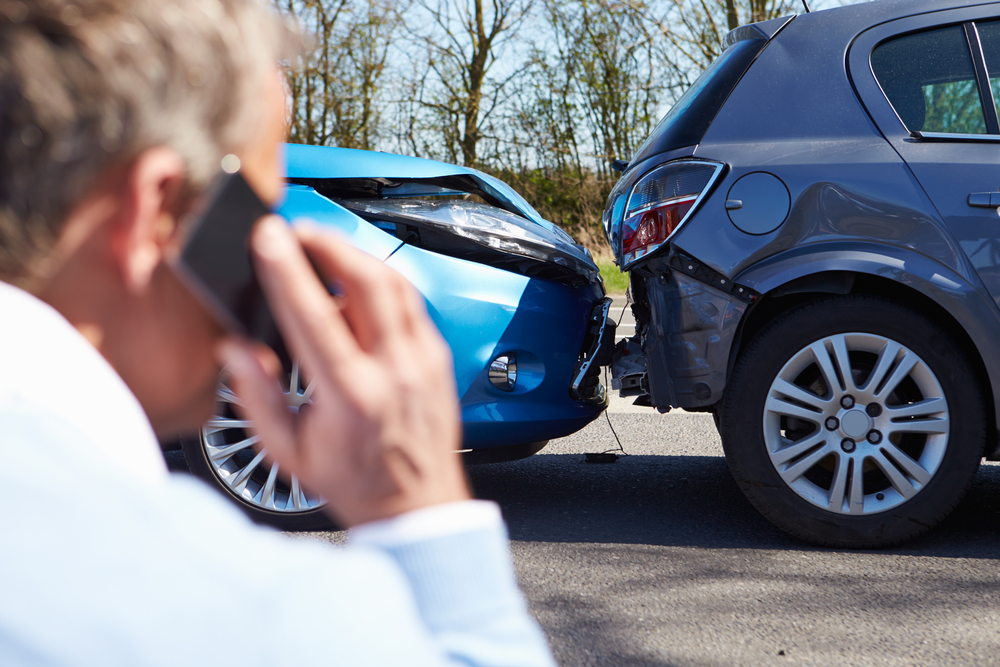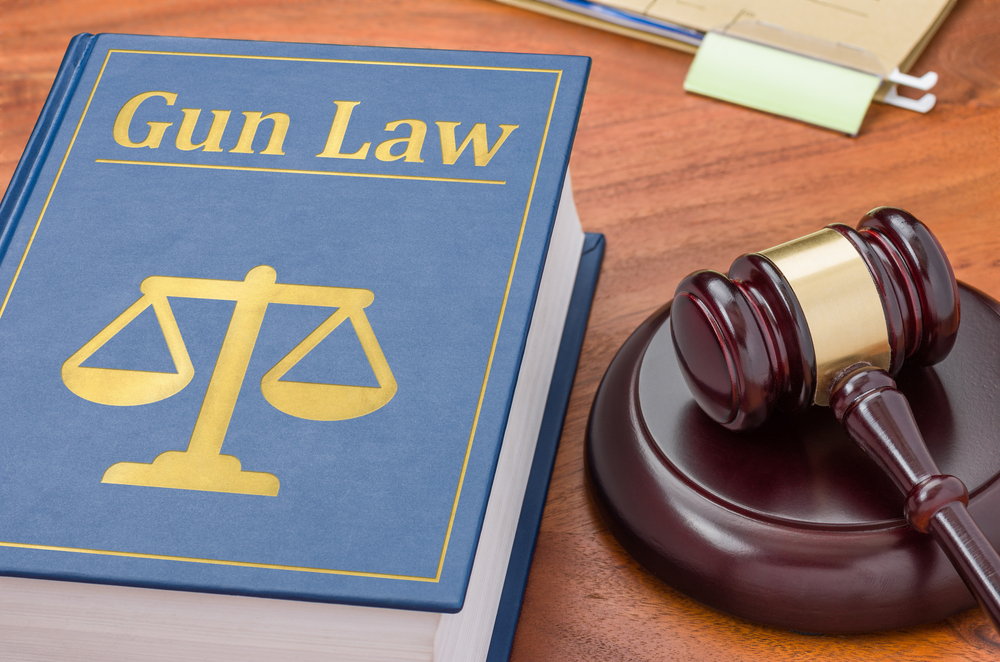Every year, there are over 100,000 car accidents in the state of Maryland. In fact, so far this year, there have been 265 fatalities. Thankfully, understanding the common causes of car accidents and learning how to avoid them can help keep you and your loved ones safe on the road. What are the most common causes of car accidents in Maryland, and how can you avoid them?
Distracted Driving
Distracted driving is a leading cause of car accidents in Maryland. Distractions come in many forms, including texting, talking on the phone, eating, adjusting the AC, changing the song on the radio, and even talking to passengers. Anything that takes your attention off of the road is a distraction.
How can you avoid distracted driving?
- Use hands-free devices or keep your phone out of reach while driving to avoid the temptation of checking your phone.
- Concentrate on the road and avoid multitasking.
- Set your GPS and adjust climate controls before you start driving.
Speeding
Speeding is a significant factor in many car accidents. Drivers who go over the speed limit or drive too fast for road conditions have less time to react to hazards, so they are more likely to be in an accident.
To avoid speed-related accidents:
- Stick to posted speed limits at all times, even if that means driving in the rightmost lane.
- Reduce speed in adverse weather, heavy traffic, or poor road conditions.
- Allow extra time for your trip to avoid the temptation to speed.
Aggressive Driving
Aggressive driving behaviors, like tailgating, weaving through traffic, and road rage, often lead to accidents. These behaviors increase the risk of collisions and can provoke dangerous responses from other drivers.
To avoid aggressive driving:
- Keep your emotions in check and avoid aggressive responses to other drivers.
- Maintain a safe following distance from the vehicle in front of you.
- Give yourself plenty of time to reach your destination without feeling rushed if you encounter traffic or delays.
Weather Conditions
Maryland’s diverse weather can create hazardous driving conditions surprisingly fast. Rain, snow, ice, and fog all reduce visibility and traction, which naturally increases the likelihood of accidents.
While you can’t control the weather, you can try to avoid accidents during bad weather conditions:
- Before traveling, check the weather forecast and road conditions. If there is going to be severe weather, try to travel at another time of day.
- Reduce your speed to maintain control in poor weather. If you are driving significantly under the speed limit, turn on your hazards so that other drivers can notice your slower speed.
- Ensure your vehicle is equipped with appropriate tires and that your windshield wipers are in good condition.
Fatigue
Drowsy driving can be just as dangerous as drunk driving. Fatigue impairs reaction times, attention, and decision-making skills, which leads to a higher risk of accidents.
To avoid driving while fatigued:
- Always get enough sleep and ensure you are well-rested before driving.
- On long trips, take regular breaks to rest and refresh.
- If possible, avoid driving late at night when fatigue is more likely to set in.
Contact Mobley & Brown, LLP for Help With Your Personal Injury Law Needs
If you are involved in a car accident in Maryland, you need the right legal assistance. Our experienced legal team is looking forward to working with you to meet your needs. Call us now at (410) 385-0398.













